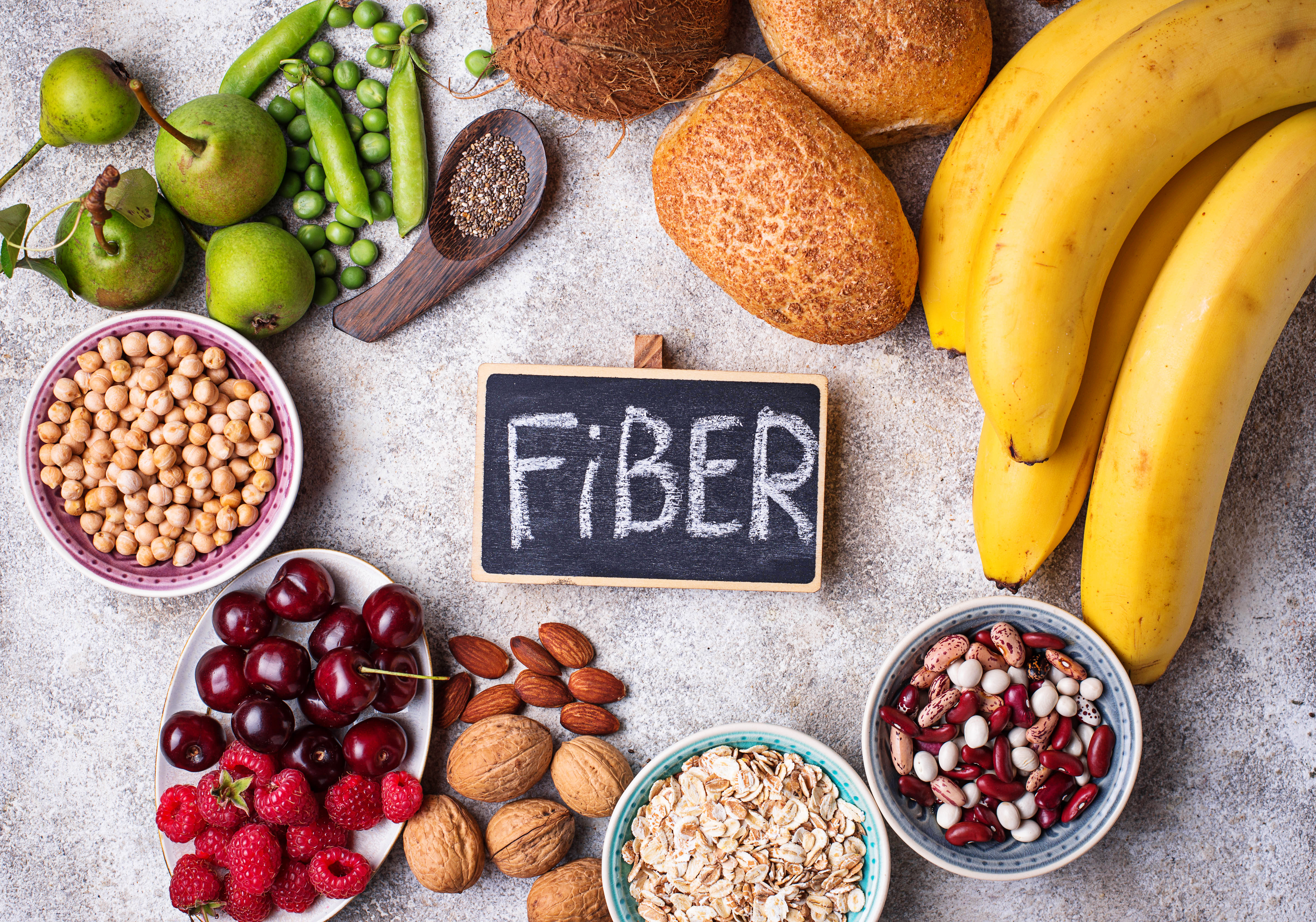10 At-Home Strategies to Naturally Nourish and Protect Your Gut
Gut health is increasingly recognized as a cornerstone of overall wellness, influencing everything from mood to immunity. The gut, often referred to as the "second brain," is a complex ecosystem of microorganisms that play a crucial role in digesting food, absorbing nutrients, and protecting against harmful pathogens. A healthy gut is essential for maintaining the body's homeostasis and ensuring that all bodily systems function optimally. In recent years, scientific research has underscored the importance of maintaining a balanced gut microbiome, which consists of trillions of bacteria, viruses, and fungi. This intricate balance is vital for preventing diseases, boosting mental health, and even managing weight. As more people become aware of the gut's pivotal role, the demand for natural, at-home strategies to enhance gut health has surged. This article explores 10 such strategies, offering a comprehensive guide to nurturing your digestive oasis.
1. Embrace a Fiber-Rich Diet

A fiber-rich diet is the cornerstone of a healthy gut. Dietary fiber, found in plant-based foods, is essential for promoting regular bowel movements and preventing constipation. Soluble fiber, found in oats, beans, and fruits, dissolves in water to form a gel-like substance that slows digestion, helping you feel fuller longer. Insoluble fiber, found in whole grains and vegetables, adds bulk to the stool and aids in its passage through the digestive tract. Together, these fibers act as prebiotics, feeding the beneficial bacteria in your gut and promoting a balanced microbiome. Research has shown that a high-fiber diet is associated with a reduced risk of developing various digestive disorders, including diverticulitis and colorectal cancer. Additionally, fiber can help regulate blood sugar levels and lower cholesterol, further supporting overall health. To incorporate more fiber into your diet, aim to consume a variety of fruits, vegetables, whole grains, and legumes daily. Gradually increasing your fiber intake and drinking plenty of water can help prevent any digestive discomfort as your body adjusts. By prioritizing fiber-rich foods, you are laying the foundation for a resilient gut that can withstand the challenges of modern living.
2. Cultivate Probiotic Habits

Probiotics are live microorganisms that confer health benefits when consumed in adequate amounts. They are often referred to as "good" bacteria because they help maintain a healthy balance in the gut microbiome. Probiotics can be found in fermented foods such as yogurt, kefir, sauerkraut, kimchi, and kombucha. These foods not only introduce beneficial bacteria into your gut but also enhance the diversity of your microbiome, which is crucial for robust gut health. The benefits of probiotics extend beyond digestion. Studies have shown that probiotics can boost the immune system, improve mental health, and even aid in weight management. For instance, certain strains of Lactobacillus and Bifidobacterium have been linked to reduced symptoms of anxiety and depression. When incorporating probiotics into your diet, it's important to choose a variety of sources to ensure you are getting a diverse range of bacterial strains. Additionally, consider consulting with a healthcare professional to determine the best probiotic supplements for your specific needs. By cultivating probiotic habits, you are supporting your gut's natural defenses and enhancing your overall well-being.
